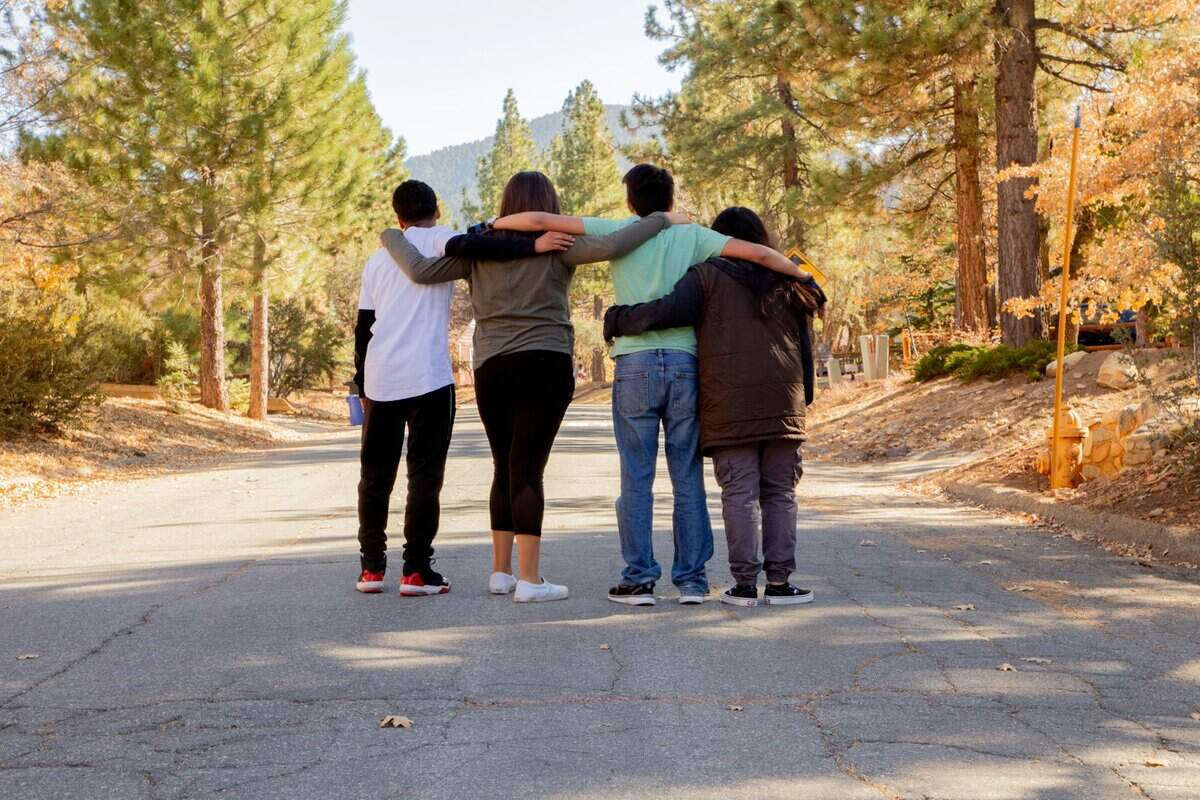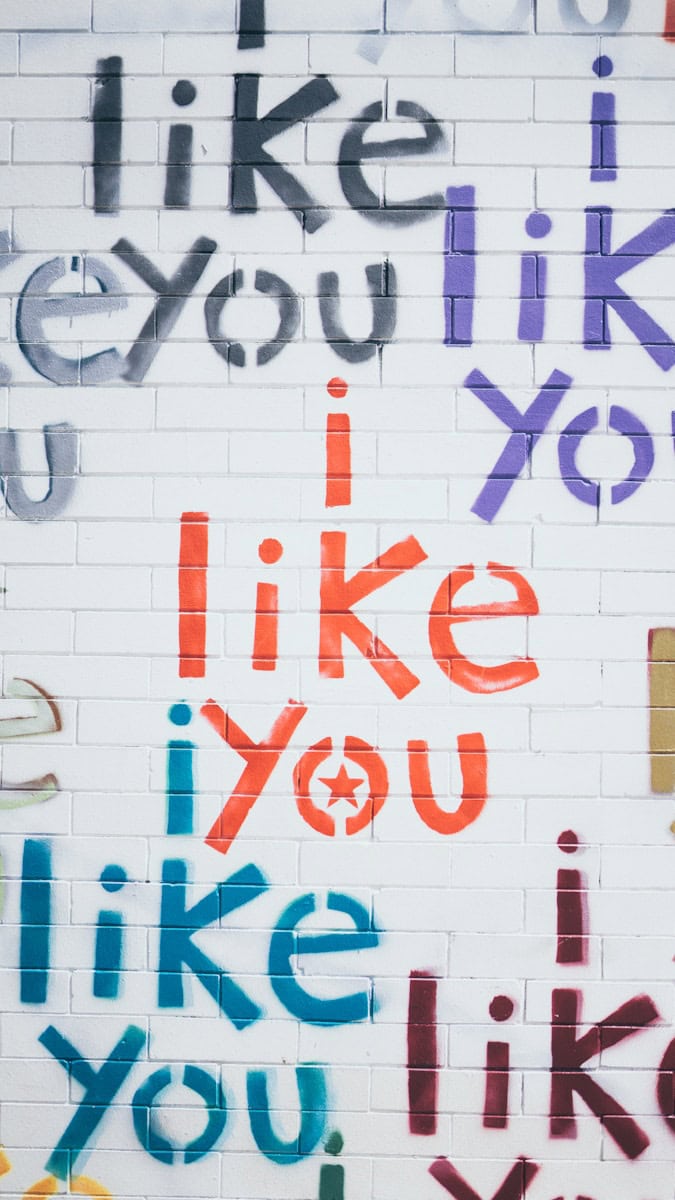
Red Flags in Teenage Relationships: 11 Signs It’s Becoming Unhealthy
Relationships as a teen can be exciting, but they’re not always easy. Whether it’s with friends, a crush, or family members, some relationships can start to feel off. These red flags in teenage relationships are warning you that something isn’t right.
Maybe their friend always puts them down, their boyfriend or girlfriend gets way too jealous, or a family member makes them feel unsafe. These are all examples of red flags in teenage relationships that you shouldn’t ignore. Your teenager’s well-being matters most.
This article will walk you through 11 clear signs that a teen relationship is becoming unhealthy. You’ll learn how to recognize these red flags early and what steps you can take to protect your teenager.
11 Red Flags in Teenage Relationships
As a parent, you want your teen to have healthy, happy relationships—whether with friends, a boyfriend or girlfriend, or even family members. But sometimes, red flags in teenage relationships pop up, and it’s important to recognize them before things get worse. Here are 11 red flags to watch for:
1. Jealousy
A little jealousy in teens is normal, but when it gets extreme, it’s one of the biggest red flags in teenage relationships. If your teen’s friend or partner gets angry when they talk to others, accuses them of cheating (even when they’re not), or tries to control who they hang out with, that’s insecurity turning toxic. Ignoring this can lead to your teen feeling trapped and anxious.
How to help: Talk to your teen about healthy boundaries. Ask, “Does this person make you feel guilty for having other friends?” Remind them that trust is the foundation of any good relationship.
2. Drama and Fighting
Some disagreements are normal, but if every conversation turns into a fight, that’s a problem. If your teen always seems stressed, crying, or walking on eggshells around someone, that’s a major red flag in teenage relationships.
Constant conflict can wear your teen down, making them feel like they’re always the source of the problem. Over time, this can hurt their self-esteem and make them think fighting is just “how relationships work.”
How to help: Encourage them to reflect: “Do you feel better or worse after spending time with this person?” Teach them it’s okay to walk away from toxic dynamics.
3. Manipulation
Manipulation is sneaky. Phrases like “If you loved me, you’d do this” or “No one else will put up with you” are huge red flags in teenage relationships.
If your teen feels pressured, confused, or like they “owe” someone, that’s manipulation at work. Ignoring it can lead to your teen losing their sense of self.
How to help: Role-play scenarios where they practice saying “No.” Reinforce that real love doesn’t use guilt or mind games.
4. Pressure
Whether it’s pressure to send inappropriate photos, skip family events, or do things they’re uncomfortable with, no one should force your teen into anything.
Red flags in teenage relationships often show up as pushy behavior disguised as “just joking” or “testing loyalty.” So, if your teen seems nervous or guilty after hanging out with someone, dig deeper. Pressure can lead to regret, shame, or even dangerous situations.
How to help: Normalize saying “No” without explanation. Remind your teen: “If someone can’t respect your boundaries, they don’t respect you.”
5. Isolation
Does your teen suddenly drop their old friends? Do they spend all their time with one person and get defensive when you ask why? Isolation is a serious red flag in teenage relationships.
Abusers and toxic people, on the other hand, often cut their victims off from support, so they have no one to turn to. If ignored, your teen could lose their confidence, become dependent on one person, and feel like they have no way out.
How to help: Gently point out the change: “I’ve noticed you’re not seeing [friend’s name] anymore. What happened?” Encourage them to reconnect with others.
6. Losing Interests
If your teen used to love sports, art, was dedicated to their routine, or hanging out with friends, but suddenly drops everything for one person, that’s a red flag in teenage relationships. Therefore, when a teen abandons hobbies, grades slip, or they stop caring about things they once loved, it’s a sign of an unhealthy attachment. Over time, this can make them feel lost, like they don’t even know who they are without that person.
How to help: Encourage balance: “What’s something you loved doing before this relationship? Let’s make time for it.”
7. Bullying
Name-calling, mocking, or “joking” insults that hurt? That’s not teasing—that’s bullying, and it’s a major red flag in teenage relationships. Whether it’s a friend, partner, or even a family member, no one should make your teen feel small. Bullying disguised as humor can crush self-esteem and make them think they deserve disrespect.
How to help: Ask, “Would you let someone talk to your best friend this way?” Teach them to demand respect.
8. No Respect for Boundaries
If your teen says “stop” or “I don’t like that” and the other person keeps doing it anyway, that’s a problem. If boundaries aren’t respected, your teen may start to feel like their feelings don’t matter. This can lead to them accepting worse behavior over time.
Teach them: “No” is a complete sentence—real friends and partners listen the first time.
9. Intimidation
Yelling, threats, slamming doors, or “punishments” for small things? That’s intimidation, and it’s a dangerous red flag in teenage relationships. Even if the person apologizes later, fear shouldn’t be part of any relationship. Intimidation can escalate to worse behavior if not stopped.
How to help: Reassure them: “You don’t deserve to be scared of someone who claims to care about you.” Offer to intervene if needed.
10. Risky Behavior
Is your teen suddenly doing things they know are wrong—like sneaking out, lying, or breaking rules—just to please someone else? That’s a red flag in teenage relationships. Peer pressure from friends or partners can lead to dangerous choices.
Remind them: Anyone who truly cares won’t ask you to risk your future or your safety for them.
11. Feeling Drained
Does your teen seem exhausted after talking to or spending time with a certain person? Do they seem happier when they’re away from them? Emotional exhaustion is a big red flag in teenage relationships.
How to help: Validate their feelings: “It’s okay to outgrow relationships that don’t make you happy.”
Summing Up: Trust Your Instincts About Red Flags in Teenage Relationships
Spotting red flags in teenage relationships early can help protect your teen’s emotional well-being. Whether it’s jealousy, manipulation, or isolation, these warning signs shouldn’t be ignored. As a parent, your guidance matters—keep conversations open, reinforce healthy boundaries, and remind your teen they deserve respect.



